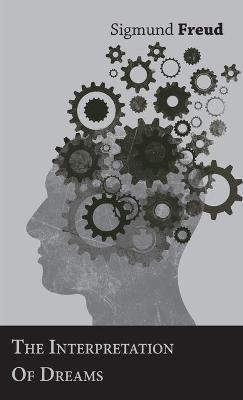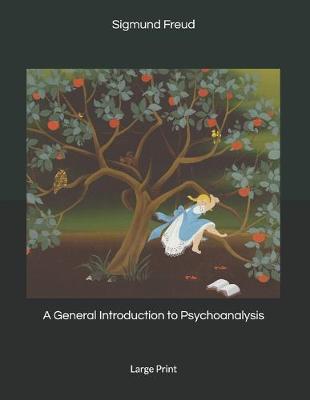Wordsworth Classics of World Literature
2 total works
“The interpretation of dreams is the via regia to a knowledge of the unconscious element in our physical life.”—Sigmund Freud
Freud’s discovery that the dream is the means by which the unconscious can be explored is undoubtedly the most revolutionary step forward in the entire history of psychology. Dreams, according to his theory, represent the hidden fulfillment of our unconscious wishes. Through them the inhibitions are released and tensions relaxed. The ability to interpret these manifestations of conflict in the human psyche opened a vast new realm of investigation, particularly invaluable in the treatment of neuroses. By his pioneer investigations into the world of dreams, Sigmund Freud created a transformation in our generation’s thinking.
The Interpretation of Dreams is offered here in the translation by Dr. A. A. Brill, who for almost forty years was the translator and standard-bearer of Freudian theories in America.
Freud’s discovery that the dream is the means by which the unconscious can be explored is undoubtedly the most revolutionary step forward in the entire history of psychology. Dreams, according to his theory, represent the hidden fulfillment of our unconscious wishes. Through them the inhibitions are released and tensions relaxed. The ability to interpret these manifestations of conflict in the human psyche opened a vast new realm of investigation, particularly invaluable in the treatment of neuroses. By his pioneer investigations into the world of dreams, Sigmund Freud created a transformation in our generation’s thinking.
The Interpretation of Dreams is offered here in the translation by Dr. A. A. Brill, who for almost forty years was the translator and standard-bearer of Freudian theories in America.
Sigmund Freud's controversial ideas have penetrated Western culture more deeply than those of any other psychologist. The 'Freudian slip', the 'Oedipus complex', 'childhood sexuality', 'libido', 'narcissism' 'penis envy', the 'castration complex', the 'id', the 'ego' and the 'superego', 'denial', 'repression', 'identification', 'projection', 'acting out', the 'pleasure principle', the 'reality principle', 'defence-mechanism' - are all taken for granted in our everyday vocabulary.
Psychoanalysis was never just a method of treatment, rather a vision of the human condition which has continued to fascinate and provoke long after the death of its originator.
Its central hypothesis, that we live in conflict with ourselves and seek to resolve matters by turning away from reality, did not emerge from experimental science but from self-examination and the unique opportunities for observation presented by the psychoanalytic technique - in particular, from the confessions produced by 'free-association' in Freud's consulting room. Written during the turmoil of the First World War, A General Introduction to Psychoanalysis was distilled from a series of lectures given at Vienna University, but had to wait for the war to end before being made available to the English speaking world.
Psychoanalysis was never just a method of treatment, rather a vision of the human condition which has continued to fascinate and provoke long after the death of its originator.
Its central hypothesis, that we live in conflict with ourselves and seek to resolve matters by turning away from reality, did not emerge from experimental science but from self-examination and the unique opportunities for observation presented by the psychoanalytic technique - in particular, from the confessions produced by 'free-association' in Freud's consulting room. Written during the turmoil of the First World War, A General Introduction to Psychoanalysis was distilled from a series of lectures given at Vienna University, but had to wait for the war to end before being made available to the English speaking world.

